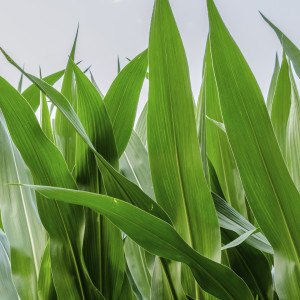The School of Global Environmental Sustainability (SoGES) will host a panel discussion on genetically modified organisms from 5 to 6:30 p.m. on Wednesday, March 30, at Avogadro’s Number.

A genetically modified organism is an organism which has had its genetic material artificially altered. It typically involves removing the genes from one plant or animal and inserting them into the genes of another plant or animal to exploit beneficial characteristics of the donor organism (such as pest resistance or increased productivity). Genetic modification is used in plants, animals, medicine and bioremediation.
The United States is a powerhouse of genetically modified crop productivity. Of the world’s total genetically modified crop production, 63 percent comes from the United States, and studies have found that nearly 80 percent of food purchased at conventional grocery stores in the U.S. contains GMOs. Despite its prevalence, the American people are generally unaware of the presence of GMOs in the food system and their own diets.
Our panel of CSU experts will discuss the science behind GMOs and the many different aspects of this complex issue.
The panelists
Panelists include:
• Karen Scholthof, SoGES Visiting Fellow, CSU; Department of Plant Pathology and Microbiology, Texas A&M University
• Patrick Byrne, Department of Soil and Crop Sciences, CSU
• Michael Martin, Department of Agricultural and Resource Economics, CSU
• Thomas Hansen, Department of Biomedical Sciences, CSU
The discussion will be moderated by Gene Kelly, assistant director for research and development at SoGES, professor in the Department of Soil and Crop Sciences at CSU, and interim CEO for the National Ecological Observatory Network.
The panel discussion—part of a Managing the Planet series—is free of charge and open to the public.